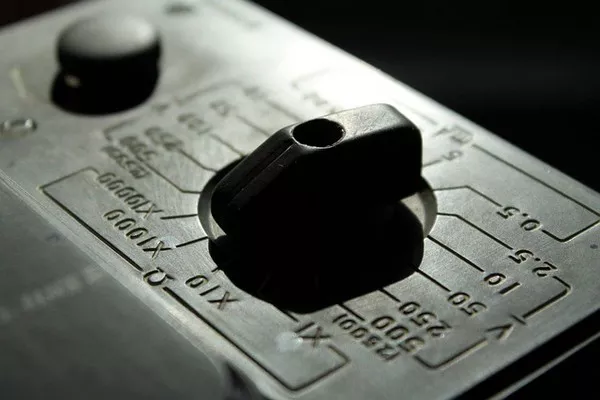As the push for electric vehicle (EV) adoption continues to grow, attention is shifting towards other significant contributors to greenhouse gas emissions, particularly in the freight and maritime sectors. Large vehicles, including semi-trucks and cargo ships, produce substantial carbon emissions, with freight shipping alone responsible for approximately 2.1 billion tons of CO₂ emissions annually, accounting for 7% of global emissions.
Hypermotive, a U.K.-based company specializing in hydrogen and electric power technologies, is addressing this challenge with the development of the X-M1 hydrogen fuel system. This innovative solution aims to provide both existing and new maritime vessels with access to clean hydrogen power, offering a viable alternative to traditional fuel sources while prioritizing safety.
Hydrogen Fuel System for Maritime Use
The X-M1 system represents a significant advancement in the maritime industry’s efforts to transition to renewable energy. Despite the push for electrification, the maritime sector has struggled to meet increasing renewable energy mandates. The X-M1 fuel system presents a promising alternative that delivers the necessary power for large shipping vessels operating in open waters.
Overcoming Challenges with Lithium-Ion Batteries
While significant progress has been made in optimizing lithium-ion battery performance through advancements in cathode materials and electrolyte solutions, these batteries face considerable obstacles when applied to maritime vessels. A key issue is energy density; lithium-ion batteries are suitable for smaller electric vehicles but fall short of the energy storage requirements needed for large cargo ships.
Some of the largest vessels can consume as much as 250 tons of fuel daily, far exceeding the storage capabilities of current lithium-ion batteries. This limitation restricts range and necessitates frequent recharging, which is impractical for freight vessels that must travel long distances across the ocean.
Moreover, the weight and spatial demands of lithium-ion battery systems can hinder their feasibility on large vessels. A battery capable of powering a cargo ship over extensive distances would occupy a significant portion of the vessel’s cargo space, negatively impacting profitability. The cost associated with large-scale battery systems further complicates this solution, making it economically unviable for many companies in the semi-truck industry as well.
The maritime industry also faces additional hurdles in decarbonization, such as the slow adoption of alternative fuels like green hydrogen and ammonia, which are still in developmental stages. The lack of fueling infrastructure for these vessels complicates the creation of a global refueling network, a significant logistical challenge that impedes progress.
Hydrogen as a Feasible Solution
Despite these challenges, Hypermotive’s collaboration with Honda is accelerating the development of a hydrogen fuel alternative, with testing trials for the X-M1 set to commence in 2025.
The X-M1 aims to diminish the maritime sector’s dependence on fossil fuels by providing a clean and reliable alternative that meets commercial needs for safety and performance. This hydrogen fuel cell system can generate power using green hydrogen, allowing the freight shipping industry to address both emissions reduction and operational requirements.
To enhance the performance of the hydrogen fuel system, the X-M1 can be paired with Hypermotive’s SYSTEM-X technology. This integrated approach leverages both hardware and software to optimize the use of hydrogen fuel cells, compressed gas, and cloud applications.
Two core advantages of the X-M1 are its scalability and modular design, enabling its implementation on various vessel types without the need for costly redesigns or retrofits. It is compatible with both new and existing vessels, making it a versatile solution for the maritime sector.
Unlike diesel engines that emit CO₂ and other pollutants, hydrogen fuel cells produce zero greenhouse gases, representing a significantly cleaner option for marine transport. The shift from fossil fuels to hydrogen in maritime applications not only reduces carbon emissions and air pollution but also plays a critical role in combatting climate change. By advancing the marine long-haul sector towards hydrogen fuel solutions, Hypermotive contributes to the potential for a substantial reduction in the global transportation carbon footprint in the coming years.
You Might Be Interested In

